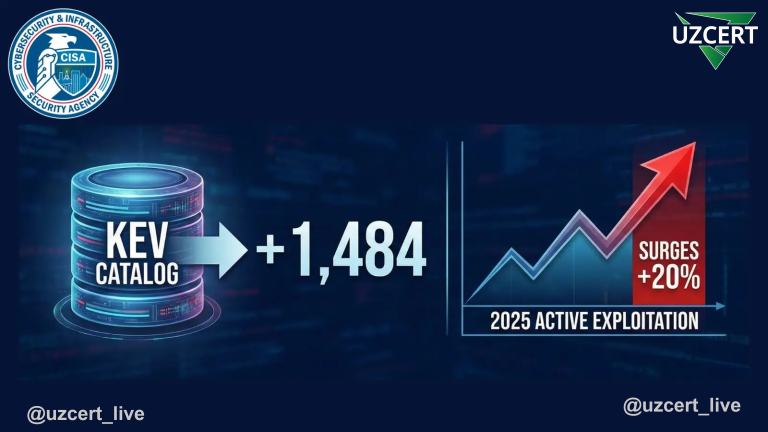
Vulnerabilities in the IBM OpenPages Platform: Risk of Authentication Data Theft
In the field of cybersecurity, protecting corporate data is of utmost importance. However, even platforms developed by major technology companies can contain vulnerabilities. Critical security flaws discovered in the IBM OpenPages Governance, Risk, and Compliance (GRC) platform have shown that attackers could steal user sessions, compromise authentication data, and manipulate corporate information. Although these vulnerabilities were patched in February 2025, it is essential to discuss their potential impact and risks.
More than 10 vulnerabilities (CVE) were identified in IBM OpenPages, with the most critical ones including:
1. CKEditor 5 and CSRF Protection Weaknesses
🔹 CVE-2024-45613 (CVSS 7.2) – A vulnerability in the CKEditor 5 component allows attackers to perform Cross-Site Scripting (XSS) attacks via JavaScript code. This can enable session cookie theft.
🔹 CVE-2024-49779 (CVSS 4.3) – Allows bypassing Cross-Site Request Forgery (CSRF) protection. Attackers can intercept session IDs and CSRF tokens, gaining access to high-privilege accounts.
2. Email System Vulnerabilities
🔹 CVE-2024-49337 (CVSS 5.4) – Enables HTML injection, which can be used for phishing attacks.
🔹 CVE-2024-49782 (CVSS 6.8) – Errors in SSL/TLS certificate validation allow attackers to spoof email servers and intercept password reset links.
3. Session Management Vulnerabilities
🔹 CVE-2024-49344 (CVSS 4.3) – In Watson Assistant, user chat sessions remain active even after logging out, which can lead to cached data reuse.
🔹 CVE-2024-49781 (CVSS 7.1) – An XXE (XML External Entity) vulnerability allows attackers to extract password hashes from configuration files.
4. Risks for System Administrators
🔹 CVE-2024-49780 (CVSS 5.3) – A path traversal vulnerability enables attackers to use /../ sequences in Import Configuration requests, allowing unauthorized file writing. This could result in security policy modifications or the introduction of backdoors.
🔹 CVE-2024-49355 (CVSS 5.3) – Debug files may store uncleared user data, leading to the exposure of session tokens and API keys.
Similar security issues have been found in other IBM products. For example, in IBM i Access Client Solutions, Windows registry data was stored with weak encryption, which could lead to privilege escalation.
Although these vulnerabilities have been addressed in newer versions of OpenPages, older versions remain at risk.
IBM recommends installing the following updates:
✅ OpenPages 9.0 Fix Pack 5 (v9.0.0.5) – For all new systems.
✅ OpenPages 8.3 Fix Pack 3 + Interim Fix 1 – For older systems.
The latest updates include:
🔹 XSS protection for 43 HTTP parameters.
🔹 Cryptographic signatures for configuration files.
🔹 Session termination mechanisms for Watson Assistant integrations.
Additional Security Recommendations
🔹 Conduct Data Audits – Check for exposed information in systems integrated with IBM OpenPages. Use tools like IBM Security Directory Integrator.
🔹 Monitor XXE Attacks – Detect unusual activity in XML files.
🔹 Enhance Email Security – Restrict access to mail servers and implement S/MIME signatures.
🔹 Ensure Regulatory Compliance – Follow security standards such as NIST 800-53 and ISO 27001.
The vulnerabilities in IBM OpenPages highlight the importance of protecting authentication data, managing sessions, and securing email communications.
While IBM’s latest updates mitigate many risks, maintaining security requires continuous vigilance and timely updates.
Cybersecurity is not just about technology—it also depends on user awareness and a serious approach from organizations. Companies using IBM OpenPages should follow these recommendations to safeguard their data.



